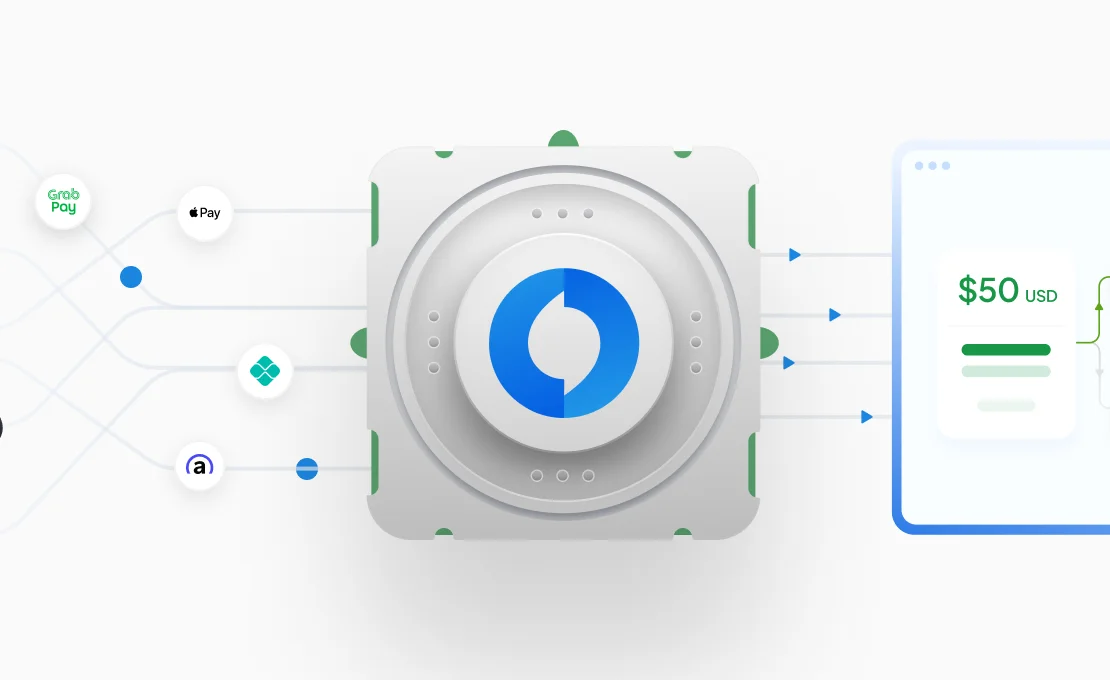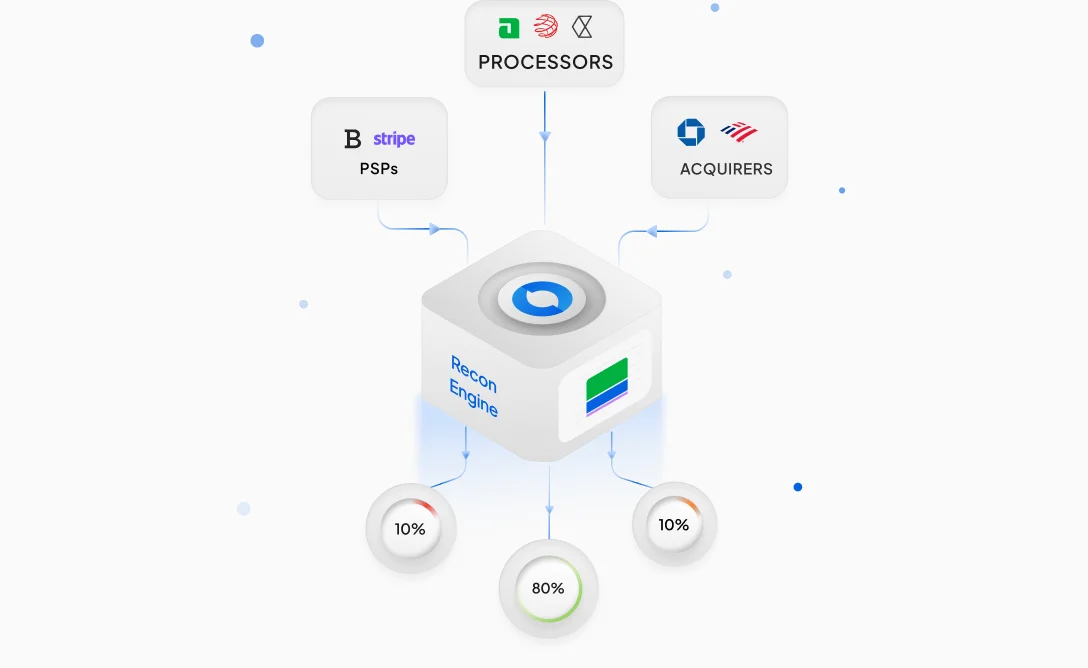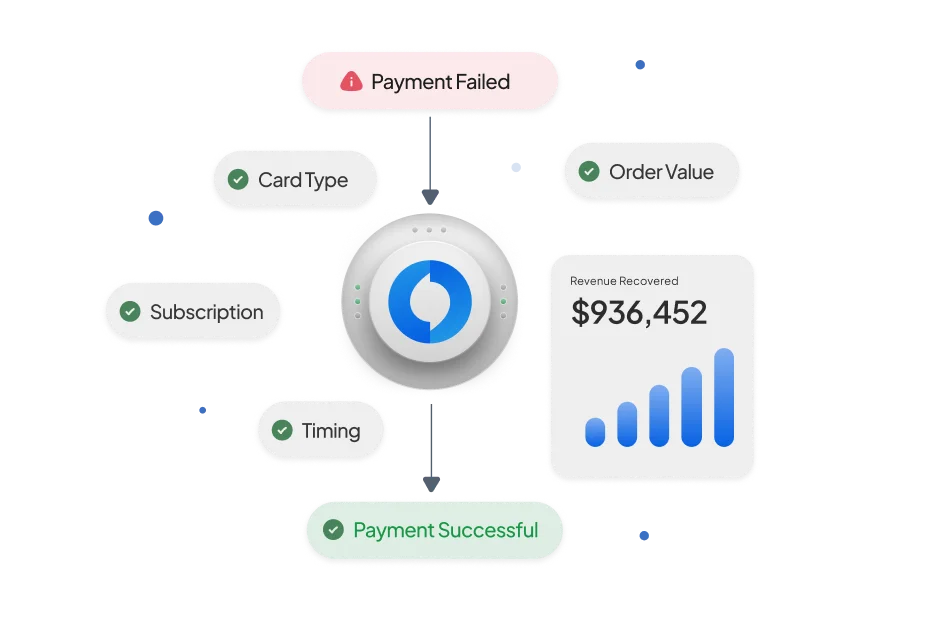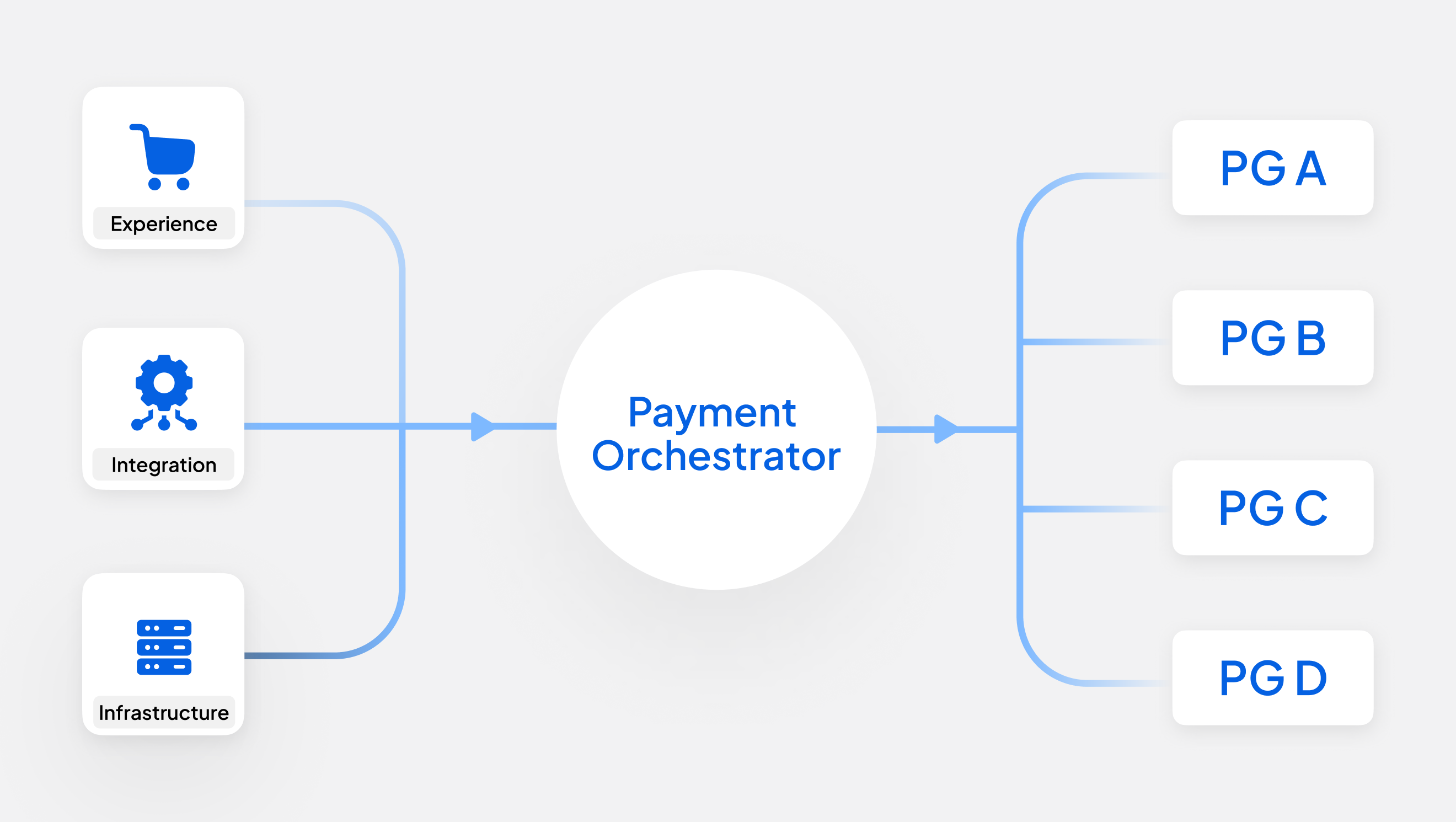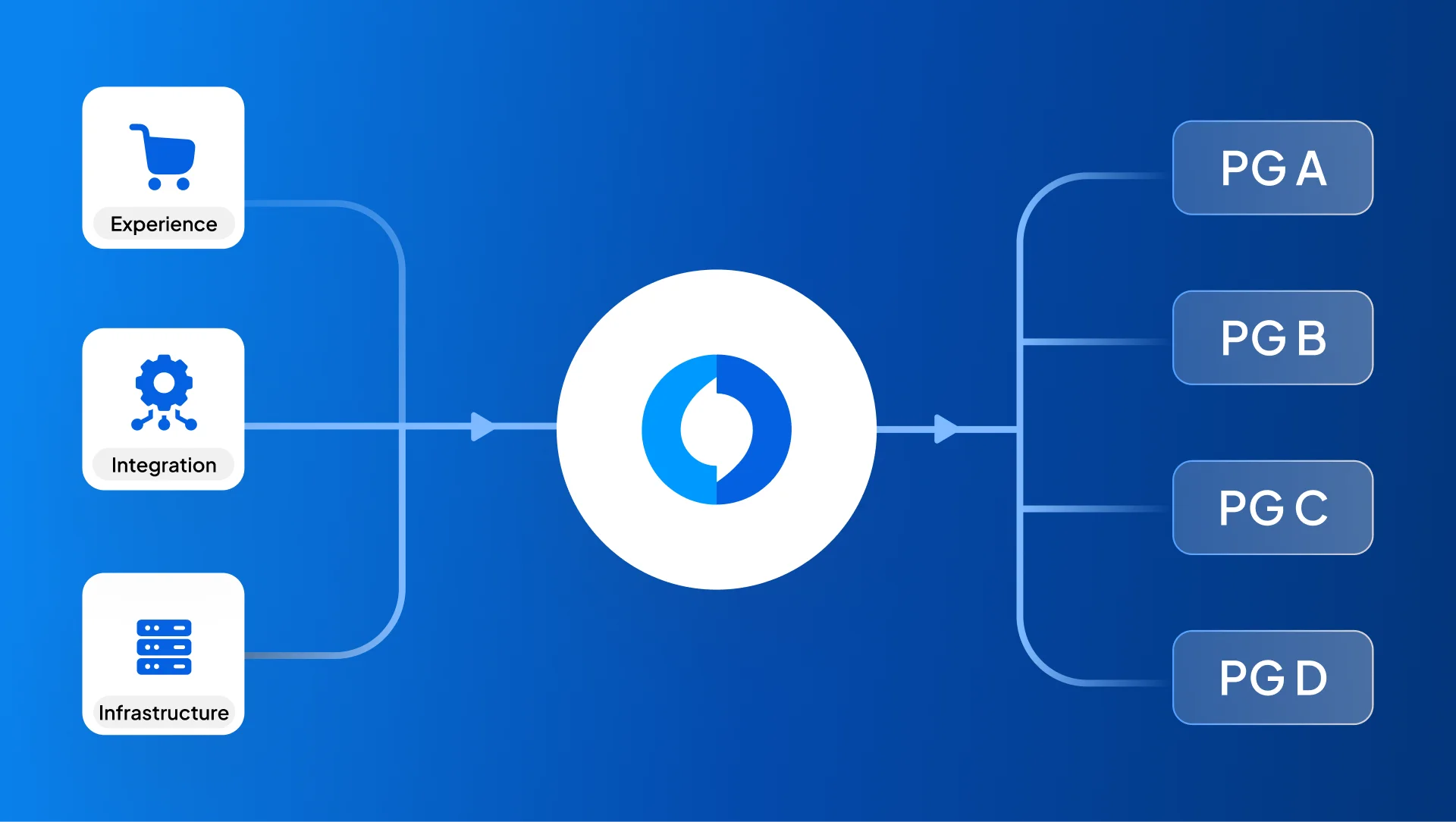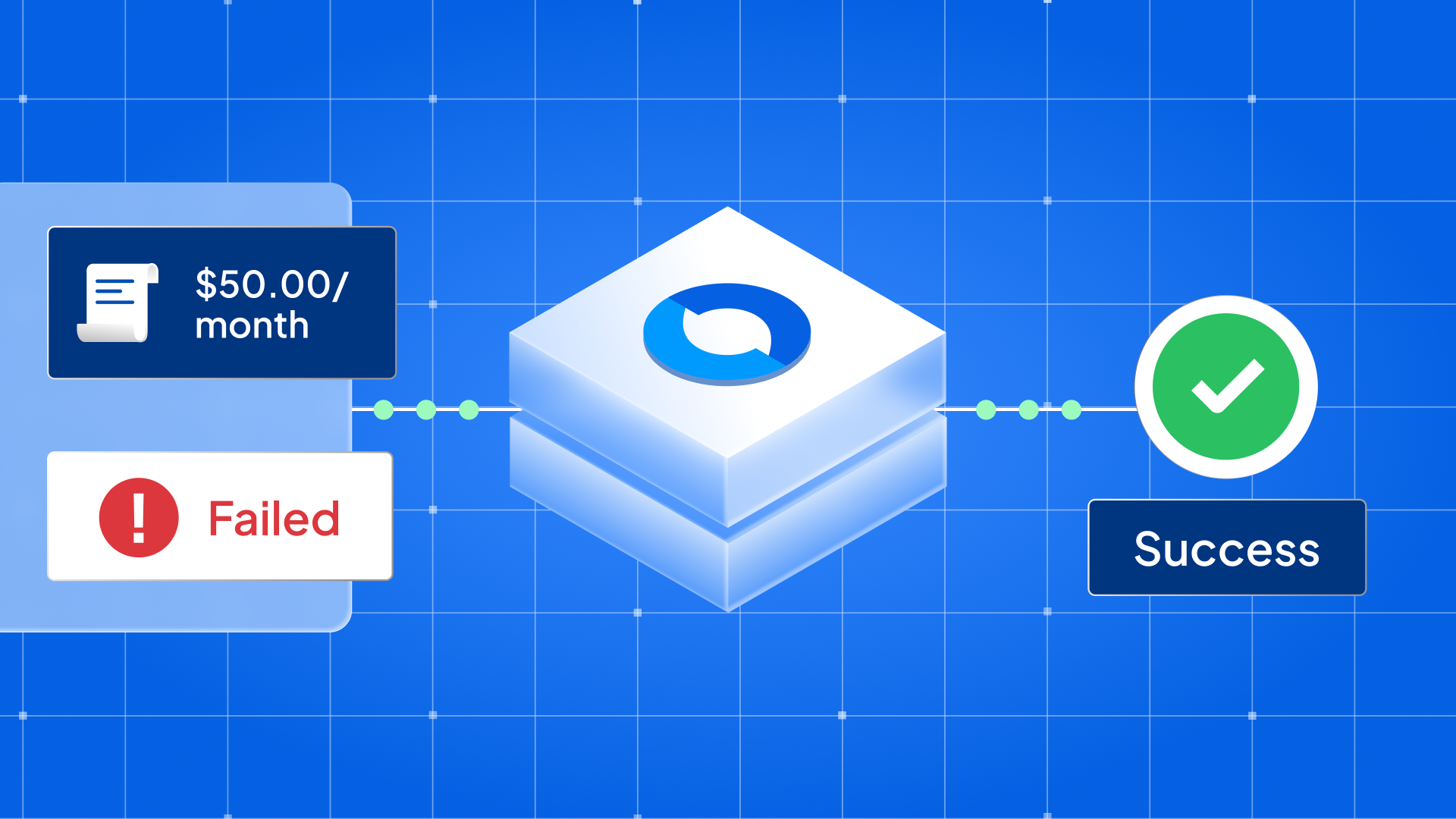All You Need to Know About Direct Debit
In the fast-evolving landscape of digital finance, Direct Debit stands out as a cornerstone for efficient payment solutions, both for businesses and consumers. It streamlines transactions by allowing payments to be directly withdrawn from the customer’s bank account, authorised by the customer, and initiated by the merchant. This mechanism simplifies recurring payments, such as monthly subscriptions, utility bills, and memberships, ensuring timely and hassle-free transactions.
Direct Debit is more than just a payment method; it is a strategic tool that businesses can leverage to enhance customer satisfaction, improve cash flow, and reduce administrative burdens associated with payment collections. For customers, it offers the convenience of “set-and-forget” payments, ensuring they never miss a due date, thus avoiding late fees and service interruptions. The adoption of Direct Debit is indicative of a broader shift towards automation and efficiency in financial transactions. As businesses seek more reliable and cost-effective ways to manage payments, and customers demand more convenience and security, Direct Debit emerges as a solution that elegantly addresses these needs.
Explain Direct Debit - What a Customer Needs to Know?
Direct debit is a financial transaction method that allows businesses to withdraw funds from their customers’ bank accounts directly, given that the customers have been granted permission. This method is particularly advantageous for recurring payments, such as utility bills, subscription services, and membership fees. Here is what customers need to know about Direct Debit:
-
Understanding Direct Debit
1. Authorisation: For a Direct Debit to be set up, customers must authorise the merchant or service provider to withdraw funds from their account. This is typically done through a Direct Debit mandate form, which may be digital or paper-based.
2. Control and Flexibility: Customers have complete control over their Direct Debit setups. They can specify payment amounts, frequencies, and dates. Plus, they can cancel the Direct Debit at any time through their bank.
3. Security: Direct Debit payments are protected under various consumer protection laws and regulations, such as the Direct Debit Guarantee in the UK. This ensures refunds in the case of any errors and allows customers to report unauthorised payments. -
Key Features of Direct Debit
1. Automated Payments: Once set up, payments are made automatically on the agreed dates, ensuring bills and subscriptions are always paid on time without any action required from the customer.
2. Reduced Late Payment Risks: Since payments are automated, the risk of missing payments and incurring late fees is significantly reduced.
3. Ease of Management: Customers can manage their finances better, knowing exactly when payments will be deducted, which aids in budgeting and financial planning.
Understanding these aspects of Direct Debit can help customers navigate their use confidently, benefiting from the convenience and security offered by this payment method. The next section will explore how merchants can enable Direct Debit for their customers, enhancing the payment experience and fostering customer loyalty.
How Can Merchants Enable Direct Debit for Their Customers?
Nurturing Direct Debit for customers involves a series of steps that ensure the process is smooth, secure, and compliant with financial regulations. Below is a breakdown of how merchants can set up and manage Direct Debit payments:
1. Choose a Direct Debit Provider
Merchants must first select a Direct Debit provider or payment processor that facilitates Direct Debit transactions. The choice should be based on factors like transaction fees, ease of integration with existing systems, and the level of customer support provided.
2. Obtain Authorisation
Merchants need to obtain authorisation from their customers to collect payments via Direct Debit. This is usually done through a Direct Debit mandate or agreement form, where customers provide their bank details and consent to the automatic withdrawal of funds.
3. Integration with Business Systems
Integrate the Direct Debit service into your business’s billing or accounting software. This integration streamlines the payment process, automating the billing cycle and ensuring accurate record-keeping.
4. Communicate with Customers
Clearly communicate with customers about the Direct Debit setup, including payment schedules, amounts, and how they can manage their Direct Debit instructions (e.g., how to cancel or change payment details).
5. Maintain Compliance
Ensure compliance with local and international regulations governing Direct Debit transactions, including customer rights and data protection laws. Staying compliant not only builds trust with your customers but also protects your business from potential legal issues.
6. Monitor and Manage Payments
Regularly monitor Direct Debit transactions for successful payments, failed transactions, and cancellations. Efficient management also involves promptly addressing customer inquiries and disputes to maintain high customer satisfaction.
7. Provide Customer Support
Offer robust customer support to address any issues or questions customers might have about their Direct Debit payments. Good customer service is crucial for resolving problems quickly and maintaining a positive relationship with your customers.
By following these steps, merchants can effectively implement Direct Debit as a payment option, offering their customers a convenient and reliable way to make recurring payments. This not only enhances the customer experience but also improves the merchant’s cash flow and operational efficiency.
Benefits of Direct Debit
Direct Debit offers numerous benefits for both merchants and customers, making it an attractive payment option for recurring transactions. Below are some of the key advantages:
-
For Merchants:
1. Improved Cash Flow: Direct Debit ensures timely payments directly into the merchant’s account, enhancing cash flow management and reducing the uncertainty of payment timings.
2. Reduced Administrative Costs: Automating the payment collection process reduces the administrative burden and costs associated with manual billing and collections.
3. Lower Failure Rates: Compared to other payment methods, Direct Debit has lower failure rates due to expired or cancelled cards, ensuring more reliable revenue streams.
4. Enhanced Customer Retention: The convenience of Direct Debit payments can improve customer satisfaction and loyalty, reducing churn rates for subscription-based services.
5. Increased Payment Security: Direct Debit transactions are protected by stringent banking regulations and security standards, minimising the risk of fraud and unauthorised transactions. -
For Customers:
1. Convenience: Customers enjoy the convenience of “set it and forget it” payments, eliminating the hassle of remembering to pay each bill manually.
2. Flexibility: Direct Debit offers customers the flexibility to choose payment dates and amounts that suit their financial planning, with the option to cancel or amend the mandate at any time.
3. Payment Assurance: Customers can have peace of mind knowing their payments will be made on time, avoiding late payment fees and service interruptions.
4. Enhanced Security: With Direct Debit, customers’ banking details are securely handled, and they are protected by guarantees that ensure refunds in case of errors, further enhancing trust in the payment method.
Direct Debit stands out as an efficient, secure, and customer-friendly payment solution that aligns with the needs of modern consumers and businesses alike. By adopting Direct Debit, merchants can streamline their payment processes, while customers can enjoy a more seamless and worry-free transaction experience.
Direct Debit with Juspay
Juspay, a leading payment solutions provider, offers an innovative platform that simplifies the integration and management of Direct Debit transactions for businesses. By choosing Juspay for Direct Debit services, companies can unlock a series of benefits that streamline payment processes and enhance customer satisfaction. Here is how Juspay makes Direct Debit advantageous for merchants:
-
Seamless Integration
Juspay provides easy-to-integrate solutions that can seamlessly fit into any business’s existing infrastructure, requiring minimal effort to set up and start processing Direct Debit payments. -
Enhanced Security
Security is a paramount concern for Juspay. The platform adheres to the highest security standards, ensuring that all Direct Debit transactions are processed securely, with robust encryption and fraud detection mechanisms in place to protect sensitive financial data. -
Improved Customer Experience
Juspay’s user-friendly interface and simplified payment process significantly enhance the customer experience. By offering a hassle-free Direct Debit setup and management, businesses can ensure customer satisfaction and loyalty. -
Comprehensive Support
Juspay provides comprehensive support to businesses, helping them navigate any challenges that arise in setting up or managing Direct Debit payments. This includes assistance with regulatory compliance, transaction disputes, and technical issues. -
Advanced Analytics and Reporting
With Juspay, businesses gain access to advanced analytics and reporting tools that offer insights into payment patterns, success rates, and customer behaviour. This data can be instrumental in making informed decisions to optimise payment strategies and improve service offerings. -
Flexibility and Customisation
Understanding that each business has unique needs, Juspay offers flexible and customisable Direct Debit solutions. This allows firms to tailor the payment process to their specific requirements, whether it is setting variable payment amounts or customising payment schedules.
Integrating Direct Debit with Juspay not only simplifies the payment collection process but also empowers businesses to leverage the full potential of automated recurring payments. By enhancing operational efficiency and offering a superior customer experience, Juspay’s Direct Debit solution can significantly contribute to a business’s growth and success in the competitive marketplace.
Importance of Direct Debit to Grow Your Business
Direct Debit stands out not just as a payment solution but as a strategic tool for business growth and sustainability. Its importance in the modern business landscape cannot be overstated, especially for businesses aiming for expansion, customer retention, and operational efficiency. Here is how Direct Debit contributes to business growth:
-
Enhances Customer Retention
Offering Direct Debit as a payment option simplifies the recurring payment process for customers, ensuring a hassle-free experience. This convenience can significantly improve customer satisfaction and loyalty, leading to higher retention rates. -
Streamlines Cash Flow Management
With predictable and regular incoming payments through Direct Debit, businesses can better manage their cash flow. This reliable revenue stream aids in accurate financial planning and investment in growth opportunities. -
Reduces Administrative Burden
Automating the payment collection process with Direct Debit minimises the need for manual invoicing and follow-ups. This not only cuts down operational costs but also allows businesses to allocate resources to core growth activities instead of administrative tasks. -
Expands Market Reach
Direct Debit facilitates easy and secure transactions for both domestic and international customers. By accommodating a broader customer base and ensuring compliance across different markets, businesses can expand their reach and tap into new revenue streams. -
Builds Trust and Credibility
Employing a secure and efficient payment method like Direct Debit enhances a business’s reputation. Customers are more likely to trust and engage with firms that offer safe and user-friendly payment options. -
Offers Competitive Edge
In a market where convenience and security are paramount, providing a seamless Direct Debit payment option can set a business apart from its competitors. This differentiation is crucial in attracting and retaining customers.
Integrating Direct Debit into your payment solutions, especially with a provider like Juspay, equips your business with the necessary tools to enhance customer experiences, streamline operations, and ultimately, drive growth. As businesses look towards scaling operations and exploring new markets, embracing Direct Debit becomes a pivotal strategy in achieving long-term success.
Conclusion
Direct Debit emerges as a pivotal element in the financial toolkit of modern businesses, underpinning a strategy that prioritises efficiency, customer satisfaction, and secure transactions. Its role transcends mere convenience, positioning itself as a cornerstone for sustainable business growth and a catalyst for fostering deep-rooted customer relationships. By streamlining the payment process, Direct Debit alleviates the administrative load on businesses, ensuring a smooth, predictable cash flow that is essential for strategic planning and investment in growth initiatives.
Direct Debit stands out as a critical enabler for businesses seeking to optimise their payment processes, enhance customer experiences, and achieve financial robustness. Its importance is magnified in a landscape where digital transactions are the norm, and customer expectations around payment convenience and security are ever-increasing. Businesses that leverage Direct Debit effectively are well-positioned to navigate the complexities of the modern marketplace, driving growth and building enduring value for their stakeholders.
FAQ’s About Direct Debit
1. What are examples of using Direct Debit?
Direct Debit is commonly used for recurring payments such as utility bills, mortgage or rent payments, subscription services (e.g., streaming platforms, magazines), insurance premiums, and membership fees for clubs or associations.
2. What is the meaning of direct debit?
Direct debit is a financial arrangement where an individual or business authorises a bank to withdraw a predetermined amount of money from their account on a recurring basis. This automated process ensures timely payments for various services, subscriptions, or bills.
3. How does direct debit work?
Direct debit operates by obtaining authorisation from an account holder to withdraw funds for recurring payments automatically. Once the authorisation is granted, the agreed-upon amount is debited from the account at scheduled intervals, streamlining the payment process and reducing the risk of late payments.
4. What is the difference between Direct Debit and Credit?
Direct Debit is an instruction from a customer to their bank authorising a merchant to collect payments directly from their bank account. Credit transactions involve borrowing funds from the bank or credit card issuer to make payments, which are later repaid, often with interest.
5. Is it safe to use Direct Debit?
Yes, Direct Debit is safe to use. Banking regulations protect it and often include guarantees that ensure refunds in case of errors. Customers are also notified in advance about the amount and timing of each payment, providing an additional layer of security.
